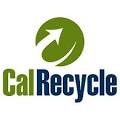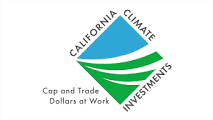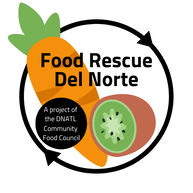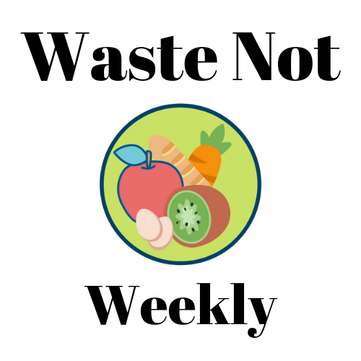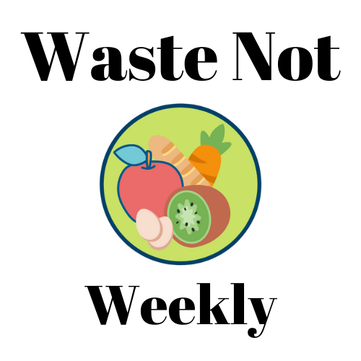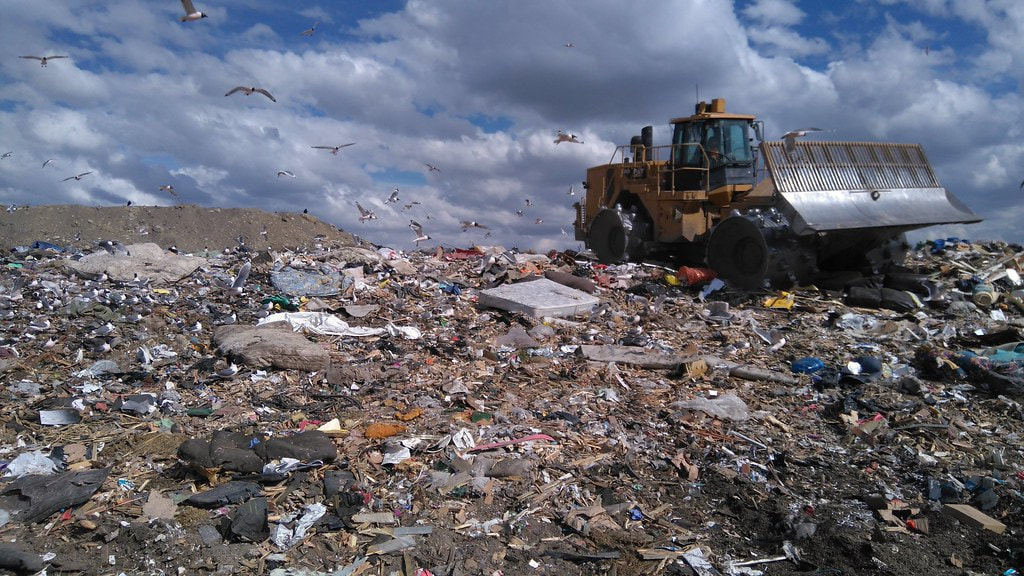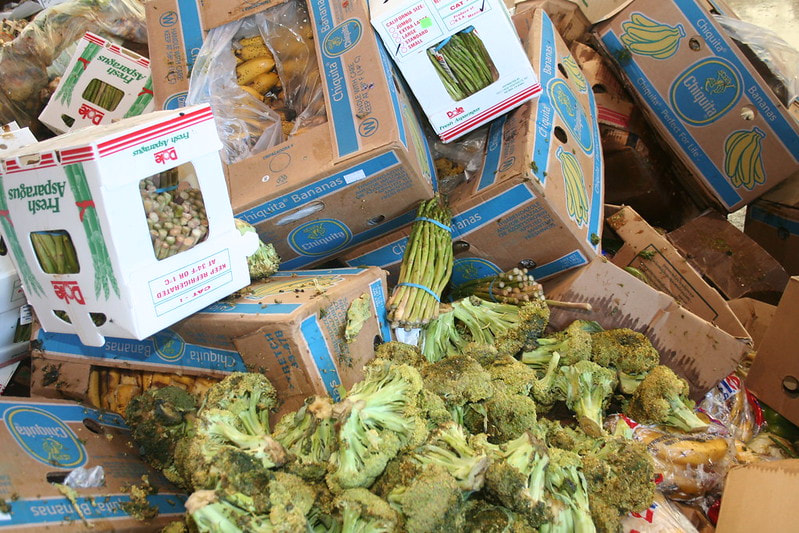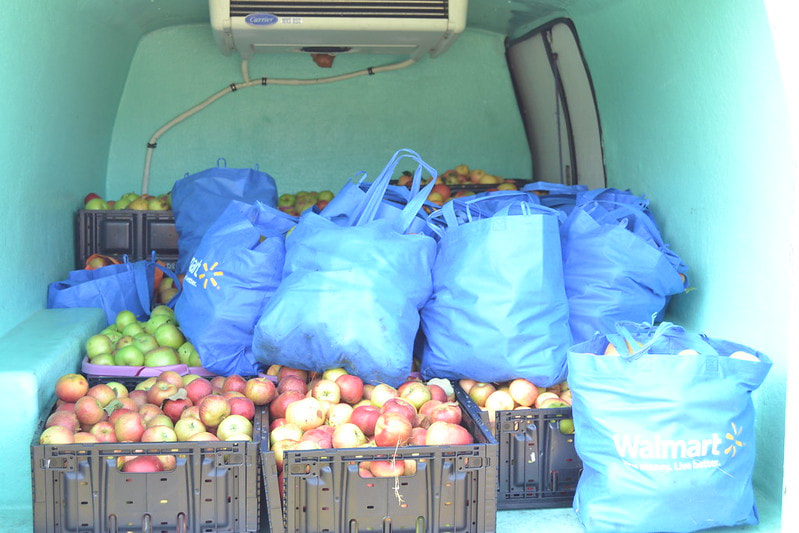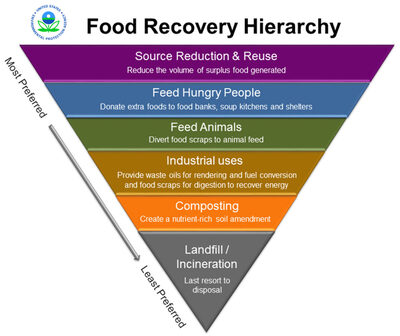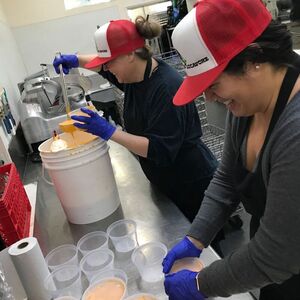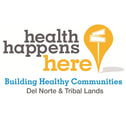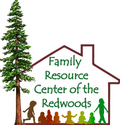In the United States 40% of food produced goes uneaten, that is 62.5 million tons of wasted food every year. Meanwhile, there are 42.2 million people, including 13.1 million children, who do not have enough food to lead a healthy, active lifestyle. As food waste decomposes in the landfill, it produces methane gas, a dangerous greenhouse gas responsible for climate impacts. Participation in food recovery diverts edible food from landfills and provides food to nutrition insecure families. By recovering surplus food, we can play a critical role in reducing hunger while lowering our environmental impact. Since October 2019, the DNATL CFC has rescued 40,000 lbs of edible food from being thrown out and redistributed to those in need.
CA SB 1383 sets the landmark statewide edible food recovery requirement, requiring California generators such as grocery stores and food facilities to recover no less than 20 percent of edible food that would otherwise be disposed to help feed people by 2025. To meet SB1383, generators can donate edible food to the DNATL CFC Food Recovery Program.
CA SB 1383 sets the landmark statewide edible food recovery requirement, requiring California generators such as grocery stores and food facilities to recover no less than 20 percent of edible food that would otherwise be disposed to help feed people by 2025. To meet SB1383, generators can donate edible food to the DNATL CFC Food Recovery Program.
To learn more about DNATL CFC Food Recovery
contactTamika Raley, Food Recovery Coordinator
at [email protected] or at (707) 464-0955 ext 2115.
Food Recovery Hotline # (707) 458-4238
contactTamika Raley, Food Recovery Coordinator
at [email protected] or at (707) 464-0955 ext 2115.
Food Recovery Hotline # (707) 458-4238
Food donation is legal: The Bill Emerson Good Samaritan Food Donation Act of 1996 protects all food donors from civil and criminal liability when donating food and grocery products in good faith to a 501c3 nonprofit organization. Additionally, nearly all states and the District of Columbia have a version of the Good Samaritan Food Donation Act to promote food recovery and donation on a local level.
|
Waste Not Weekly is every Thursday, 2:00-6:00 pm at Pacific Pantry, 494 Pacific Ave around the back of the Family Resource Center in Crescent City, CA. A variety of FREE rescued food items from local farmers, businesses, restaurants, & local organizations are available for ANYONE to take. Visit Food Rescue Del Norte Facebook Page for weekly updates of available items.
|
Food Waste Story
|
The Federal Environmental Protection Agency (EPA) and the State of California have set bold goals to increase food recovery and diversion of organic waste from landfills. In 2015, the EPA announces the first ever domestic goal to reduce food waste by 50% by 2030. In order to guide this effort the EPA established the Food Recovery Hierarchy, which prioritizes actions organizations and businesses can take to prevent and divert wasted food.
|
In Del Norte county, every year nearly 4 million pounds of useable food goes into the landfill where it wastes uneaten. In California landfills, 11 billion pounds of food is disposed each year. Food and other organic waste generates methane when it decomposes in landfills. Methane is a super pollutant, 84 times more potent than carbon dioxide (over a 20-year span), and warms the planet much more quickly than other greenhouse gases. Landfills are a primary source of methane pollution in California. Methane emissions also lead to ozone pollution, which can cause respiratory problems, heart disease, and other public and community health problems.
The California environmental legislation SB 1383 sets the landmark statewide edible food recovery requirement. Specifically, the law requires California to recover no less than 20 percent of edible food that would otherwise be disposed to help feed people by 2025. The law requires generators such as grocery stores, institutions, and restaurants to donate edible food rather than throwing it out. To learn more about SB 1383 visit Cal Recycle. DNATL Community Food Council's Food Recovery program will take donations from generators and help distribute edible food to those in need.
|
|
YOU can donate surplus edible food! Edible food includes but is not limited to:
Permitted food facilities such as restaurants, hotels, grocery stores, food processing facilities, food distributors, and caterers can donate prepared foods and meals (e.g. hot trays that remained back-of-house) to nonprofit charitable organizations or individuals directly. Foods that have been previously served to a consumer cannot be donated. Organizations and individuals can donate uncooked, pre-packaged food products (e.g. canned & boxed food items) and produce. |
